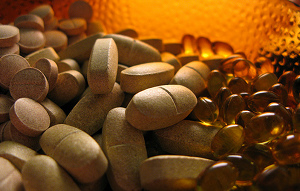There are about 200 fewer adulterated dietary supplements on the market today after a district court ordered an Iowa company and its owners to stop production of products over allegations the company sold potentially unsafe dietary supplements and falsely advertised them as treatments for diseases ranging from colds to cancer. [More]
supplements

Court Shuts Down Iowa Supplement Company Distribution Over Misbranding, Unfounded Safety Promises
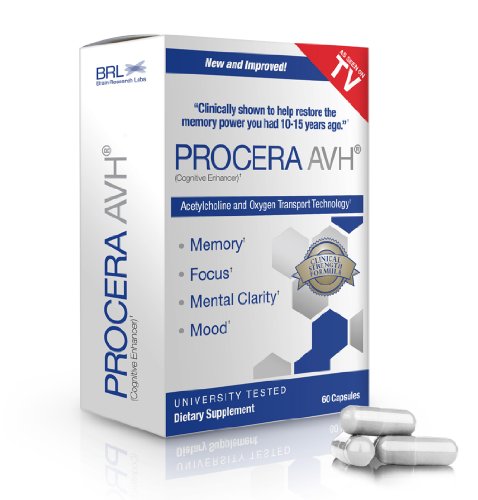
Marketers Of Memory Supplement Must Pay $1.4M To Settle Deceptive Advertising Charges
Using fake news stories and trumped-up, unsubstantiated claims, the marketers of a supplement that claimed to be the answer to memory loss problems sold nearly $100 million worth of the stuff in just a few years. Now they have to fork over $1.4 million to federal and state authorities for making these deceptive statements, and face millions more in penalties if they fail to comply. [More]

FTC: ‘Clinically Proven’ Menopause And Weight Loss Supplement Helps With Neither
American consumers have spent $65 million on Amberen, a supplement meant to ease the symptoms of menopause and perimenopause. These symptoms can include hot flashes, insomnia, irritability, and weight gain. Did Amberen help with these symptoms, as promised? No, the Federal Trade Commission says: it mostly helped to lighten customers’ bank accounts, and has filed a complaint against the company that sells it. [More]
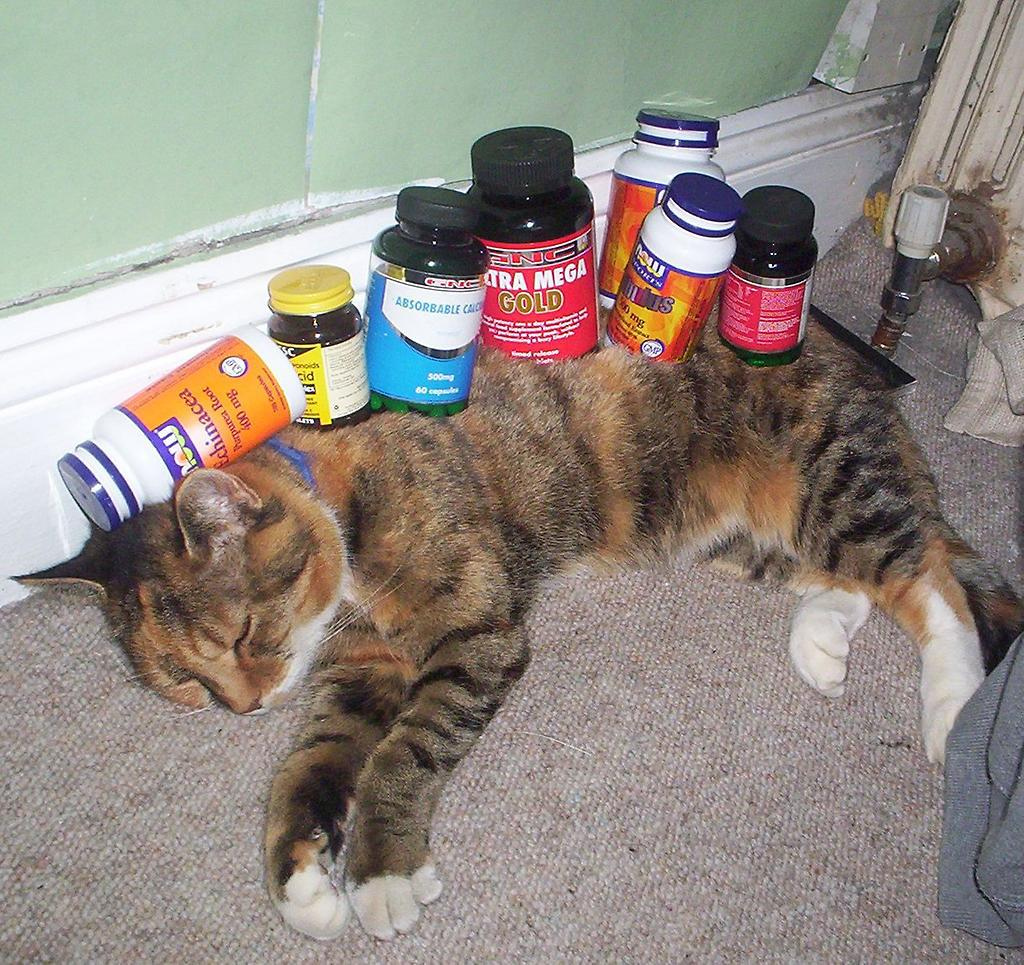
Ad Watchdog: Dietary Supplement Claimed To Prevent Cancer
Government regulation of the nutritional supplement industry is not perfect, but the Food and Drug Administration does impose a very important rule on them: products sold as supplements rather than drugs can’t advertise themselves as able to diagnose, treat, prevent, or cure any diseases. Once they do that, they’re drugs. Yet one supplement’s marketing caught the attention of two industry self-regulation bodies before the FDA: a supplement called “Big C” that totally does not promise to prevent cancer. [More]

FDA Continues Crackdown On Dietary Supplement Ingredients, Notifies Makers Of 16 Products To Stop Sales
A week after the Food & Drug Administration heeded calls for action by scientists and health advocates by demanding that dietary supplement makers stop selling products with a speed-like ingredient, the agency sent another warning to 14 manufacturers asking them to cease the sale of several products with another possibly harmful stimulant. [More]

FDA Warns Makers Of Diet Supplements Containing Speed-Like Ingredient
Following calls for action from scientists and consumer health advocates, the FDA has sent warning letters to a handful of diet supplement makers demanding that they cease selling products that contain a speed-like ingredient. [More]
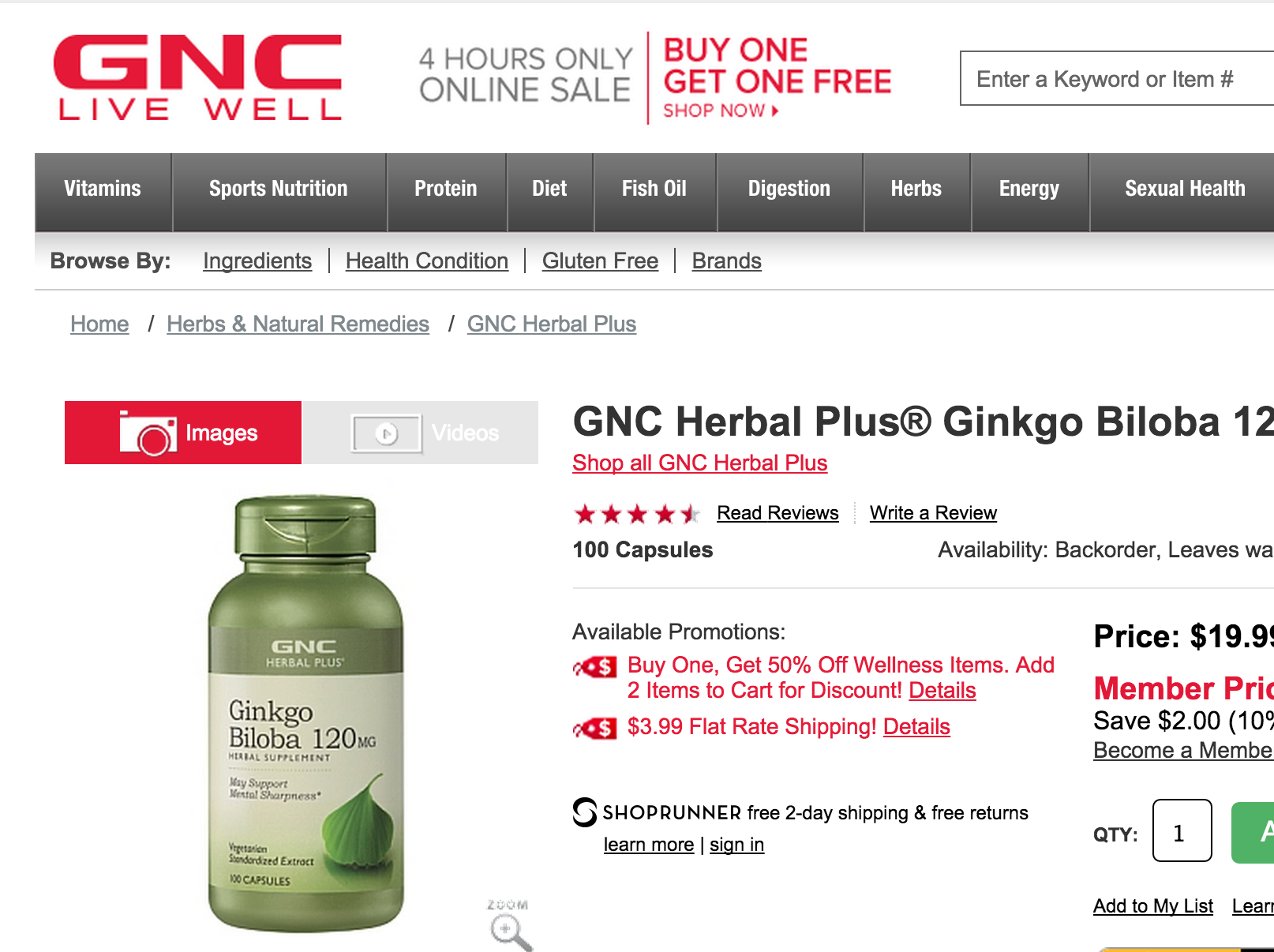
GNC Agrees To DNA, Allergen Testing Of Herbal Supplements
Earlier this year, New York state Attorney General Eric Schneiderman sent cease-and-desist letters to several major retailers, including Target, Walgreens, and GNC, after genetic testing of store-brand herbal supplements found that many of these products did not contain the herbal ingredients they purported to include, and that some contained potentially dangerous allergens. Today, GNC and Schneiderman announced an agreement that will apply stricter testing standards — more rigorous than those required by the federal government — to the company’s supplements. [More]

FTC Stops Company From Charging $210 For Pills That “Burn Fat Without Diet Or Exercise”
Consumers who buy into a product that promises to let you lose weight while continuing to sit on the couch eating bonbons will likely lose more money than they will pounds. Such was the case for the customers of a dietary supplement company being shut down at the request of the Federal Trade Commission for making unsubstantiated health claims and signing consumers up for monthly charges without their knowledge. [More]
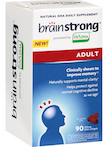
FTC: Marketers Deceived Consumers About BrainStrong Supplement’s Memory Improvement Claims
When a supplement sounds too good to be true, it mostly likely is. And deceiving consumers about a product’s wondrous powers isn’t looked upon lightly by federal regulators. The marketers of BrainStrong Adult dietary supplement found that out the hard way. [More]
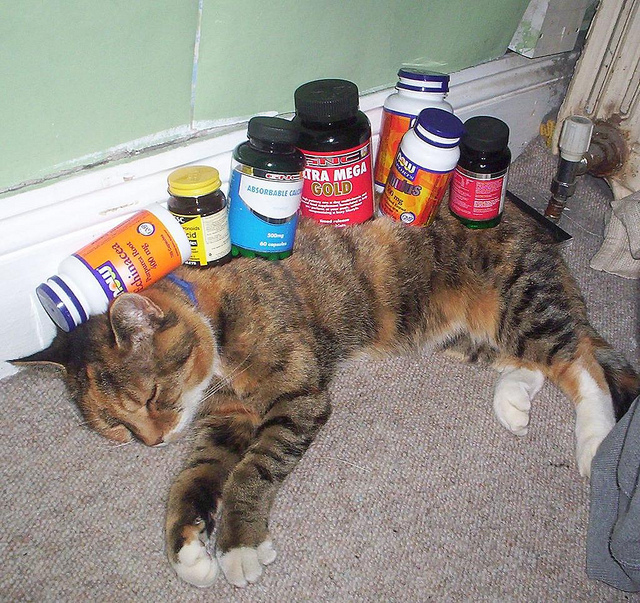
Another Study Shows That Glucosamine Supplements Aren’t Very Helpful
If we can prevent or decrease the pain of arthritis with a relatively inexpensive supplement, why shouldn’t we? Americans spent an estimated $813 million on glucosamine and chondroitin sulfate supplements for ourselves and for our pets in 2012, despite the lack of evidence that it is at all helpful to prevent or alleviate arthritis. Now another study shows that the supplements don’t really help, and may actually do the opposite of what they’re supposed to. [More]
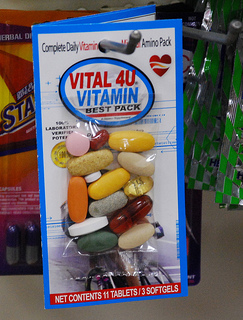
Doctors Plead: Quit Wasting Your Money On Vitamin Supplements Already
Every year, Americans spend $28 billion on potions that we imbue with magical powers. We mean, of course, vitamin pills and supplements. We take them by the handful even though study after study has showed us that for people who have a deficiency, vitamin pills don’t do very much good, and may harm our health in the long run. Yes, harm. [More]
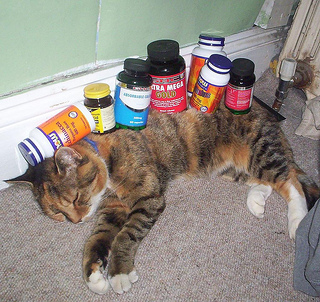
Should You Take Glucosamine And Chondroitin? Meh
Americans are buying a lot of glucosamine and chondroitin supplements, which are intended to help ease the pain of or prevent symptoms from arthritis. The problem is that there’s no proof that the pills do any good…and tests from our lab-coated cousins down the hall at Consumer Reports showed that many brands don’t even contain the whole dose claimed on the label. [More]

No, A Dietary Supplement Probably Doesn’t Prevent Gray Hair
One of the fun things about working in the media is definitely reading the odd press releases and story pitches that cross my inbox every day. Our colleagues over at Consumer Reports received a pitch in their mailbox about a dietary supplement that’s supposed to “prevent and reverse” gray hair. Wait, that’s a thing? Not only is it a thing, but someone was pushing it as a great Mother’s Day gift. [More]
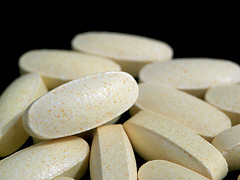
Feds: 20% Of Weight Loss, Immune System Supplements Making False Claims
It’s not just that the federal government doesn’t want the marketers of dietary supplements to just make up what their products can do for consumers, according to a new study on the prevalence of weight loss and immune system supplement, the Department of Health and Human Services warns that it could actually be harmful to our health to buy in to the hype. The agency just released a new report saying that around 20% of 127 different supplements it investigated made false and illegal claims to cure or treat diseases. [More]

Where Has My Slow Fe Iron Supplement Gone?
Cheryl takes iron supplements. She has iron deficiency anemia, and the vast majority of iron supplements on the market make her ill. She’s come to rely on Slow-Fe, made by Novartis, to keep her iron levels up and her digestive system functioning. Then Slow-Fe disappeared. Her regular pharmacist can’t find any to order, and the only sources online are re-sellers with expired products. Remembering our past coverage of catastrophic OB tampon, Eggo waffle, and Morningstar veggie dog shortages, Cheryl wrote to us, asking for help. Could we help her figure out where her precious iron had gone? [More]

Experts: You Don't Need Extra Calcium, Vitamin D
Those daily vitamin supplements may not be doing as much good as you think, and may in fact harm you. A committee of medical experts from the Institute of Medicine released a report that says excessive amounts of calcium and vitamin D aren’t helpful. [More]
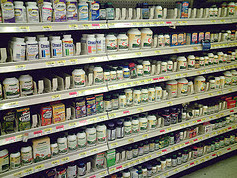
The Dirty Dozen: 12 Dangerous Supplements Easily Found In Stores And Online
We Americans do love our dietary supplements. More than half of the adult population have taken them to stay healthy, lose weight, gain an edge in sports or in the bedroom, and avoid using prescription drugs. In 2009, we spent $26.7 billion on them, according to the Nutrition Business Journal, a trade publication. What consumers might not realize, though, is that supplement manufacturers routinely, and legally, sell their products without first having to demonstrate that they are safe and effective. Inside, Consumer Reports Health lists 12 supplements linked by clinical research or case reports to serious side effects


